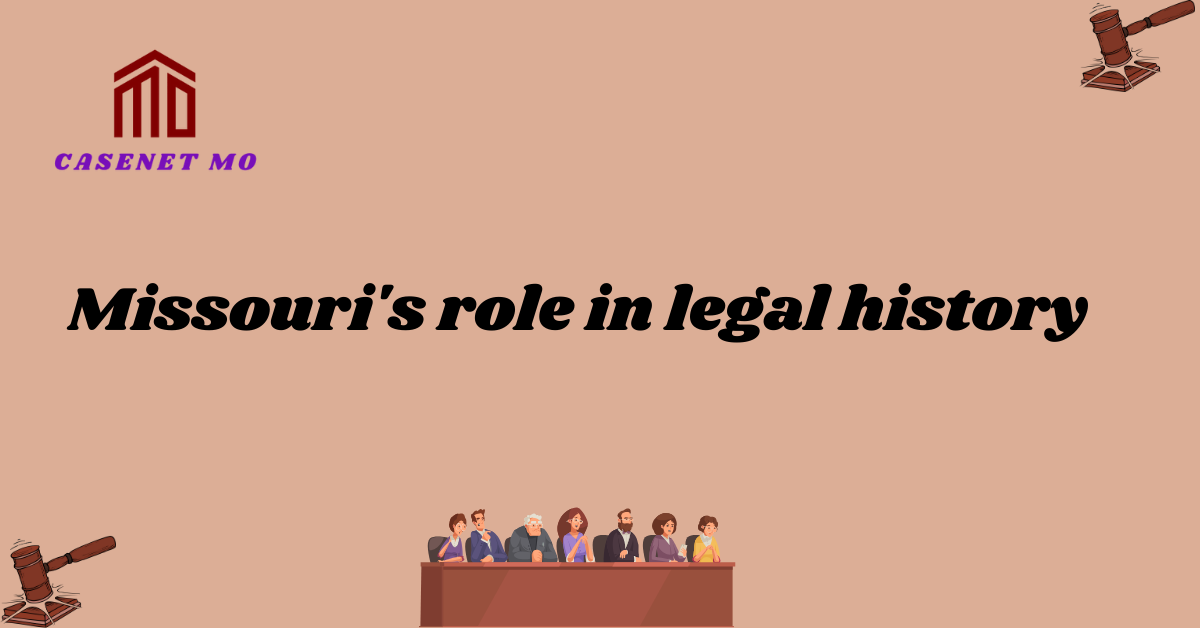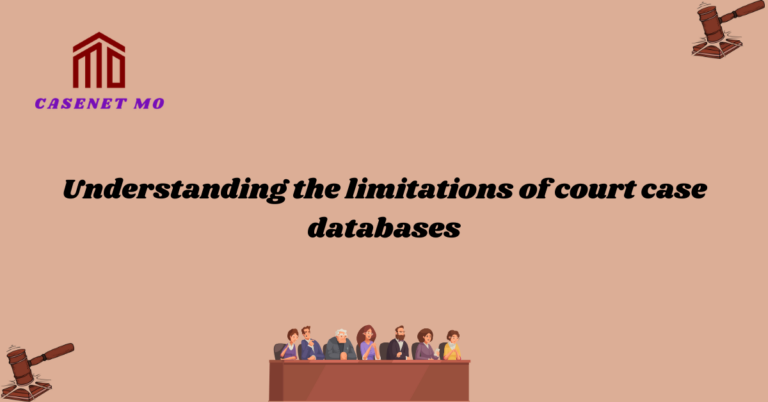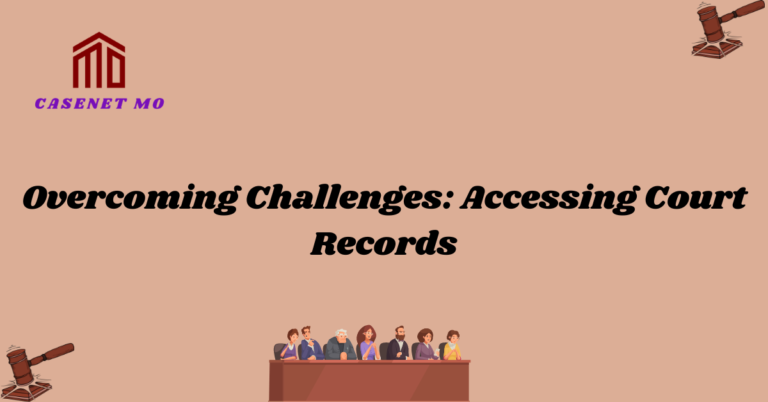Missouri’s role in legal history
Missouri’s rich history is intertwined with the development of our legal system, making it an integral part of American jurisprudence. From landmark court cases to influential legal minds, Missouri has played a significant role in shaping the laws that govern our nation.
Join us as we delve into Missouri’s fascinating legal history, exploring the pivotal moments and influential figures that have made this state a cornerstone of American jurisprudence. From the early days of statehood to the present, Missouri’s role in legal history is a captivating tale that continues to shape the way we understand and interpret the law.
The Early Days of Statehood
During the early days of statehood, Missouri’s legal system faced significant challenges and underwent crucial transformations. As pioneers settled in the region, disputes over land ownership and property rights arose, leading to the establishment of local courts to address these issues. Notable legal minds emerged to navigate the complexities of frontier law, laying the foundation for Missouri’s future legal legacy.
Pioneering Legal Minds
Among the influential legal minds that emerged during this time was Thomas Hart Benton, a prominent lawyer and politician. Benton played a crucial role in shaping Missouri’s legal landscape, advocating for legal reforms and championing the rights of the state’s residents. His efforts helped solidify Missouri’s commitment to justice and equality.
The Fight for Freedom
Missouri’s legal history is also deeply intertwined with the fight for freedom and equality. The state became a battleground for pivotal civil rights battles, with courageous individuals and organizations challenging discriminatory laws and practices. From the landmark case of Shelley v. Kraemer to the struggles of the civil rights movement, Missouri’s courts played a significant role in advancing the cause of justice.
A Legacy of Precedents
Throughout its history, Missouri’s courts have established numerous legal precedents that have shaped the nation’s legal landscape. Landmark decisions on issues such as labor rights, criminal justice reform, and constitutional interpretation have originated from Missouri’s courtrooms. These precedents have had a lasting impact on the development of American jurisprudence.
Continuing the Legacy
Today, Missouri remains a vibrant hub of legal innovation and intellectual discourse. Esteemed law schools and legal institutions continue to produce exceptional legal minds who shape the future of American law. By exploring Missouri’s fascinating legal history, we gain a deeper understanding of the principles and ideals that underpin our legal system.
FAQs
What did Dred Scott v. Sandford mean for Missouri?
The Dred Scott case, filed in Missouri in 1846, is one of the most infamous legal decisions in U.S. history. Dred Scott, an enslaved man, sued for his freedom based on his residence in free territories. The Supreme Court’s ruling in 1857 stated that African Americans, whether free or enslaved, were not citizens and had no right to sue in federal court. This decision further fueled tensions over slavery, contributing to the lead-up to the Civil War.
What was the Missouri Compromise’s legal effect?
The Missouri Compromise of 1820 admitted Missouri as a slave state and Maine as a free state, while also establishing a line across the Louisiana Territory, prohibiting slavery north of latitude 36°30′. While it temporarily eased tensions between slaveholding and free states, it ultimately highlighted the deep divisions over slavery and states’ rights, eventually leading to the Civil War.
What was Gaines v. Canada’s impact in Missouri?
Gaines v. Canada (1938) was a pivotal case in the fight for equal educational opportunities. Lloyd Gaines, an African American man denied admission to the University of Missouri’s law school solely because of his race, challenged the decision. The Supreme Court ruled that Missouri must either admit Gaines or establish a separate, equal law school for African American students. This case laid the groundwork for later civil rights decisions, such as Brown v. Board of Education.
What was the Scottsboro Boys’ effect on Missouri law?
The Scottsboro Boys case involved nine African American teenagers falsely accused of raping two white women in Alabama in 1931. While the events didn’t take place in Missouri, the case had a significant impact nationwide, highlighting racial injustice and the importance of fair trials. The legal battles and subsequent Supreme Court rulings reinforced the rights of defendants to adequate legal representation and fair trials, influencing legal practices across the country, including in Missouri.
Missouri’s LGBTQ+ Rights Impact?
Missouri has seen significant legal battles concerning LGBTQ+ rights, including challenges to anti-sodomy laws and discrimination based on sexual orientation and gender identity. Notable cases include Nabozny v. Podlesny (1996), in which a gay student sued his school district for failing to protect him from harassment, and Glossip v. Missouri (2014), which challenged the state’s ban on same-sex marriage. These cases contributed to the evolving legal landscape regarding LGBTQ+ rights and equality in Missouri and beyond.







